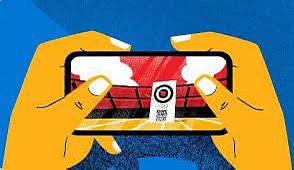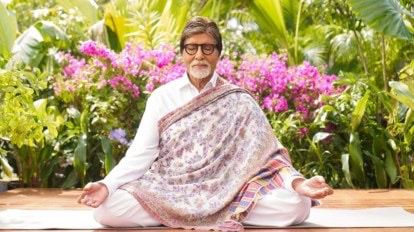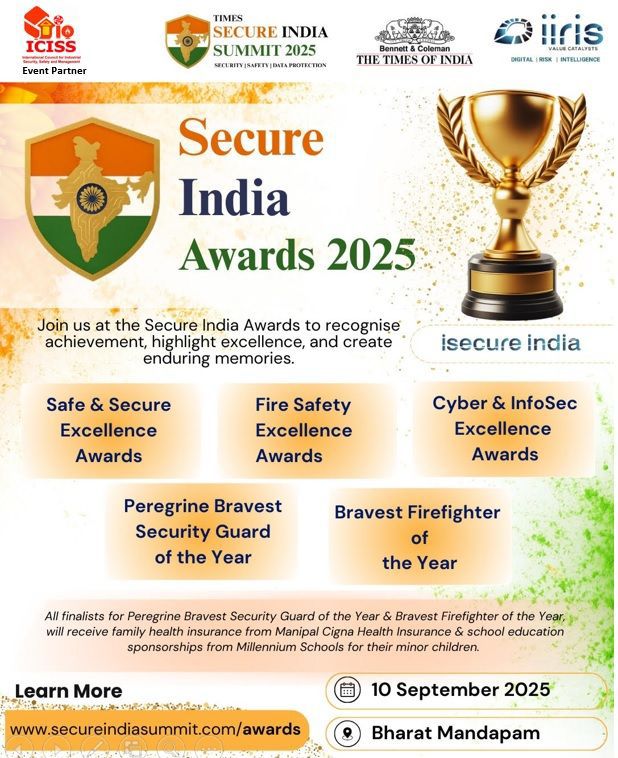 Image Source: Game On
Image Source: Game On
India’s digital revolution has made it the fastest-growing gaming market in the world, with mobile gaming leading the charge. Yet beneath the surface of this $3.49 billion industry lies a stark reality: millions of young Indians are losing sleep, time, focus, and sometimes even their lives to gaming addiction, raising urgent questions about regulation, parental guidance, and mental health.
Key Highlights of Mobile Gaming in India
India’s mobile gaming base has skyrocketed to over 500 million active users in 2025, accounting for more than 80% of the country’s sprawling gaming industry.
Gen Z leads the surge: 74% report playing games for at least six hours a week, according to a CyberMedia Research survey, and almost a third clock in between four and six hours nightly.
The popularity of hypercasual mobile games, battle royale titles (like BGMI and Free Fire), and fantasy sports—often promoted by celebrity endorsements—has pushed engagement and, with it, concern over compulsive behavior.
How Gaming Affects Sleep, Health, and Routine
Mobile gaming addiction is not just about screen time; it is linked to persistent sleep issues. A 2025 study in Tamil Nadu found 31% of adolescent gamers struggled to fall asleep, while night-time playing led to a sharp reduction in healthy, restful sleep.
The same study identified high rates of musculoskeletal pain (69%), vision problems (71%), and psychological distress—ranging from depression and anxiety to social withdrawal—among heavy gamers.
Gaming-induced sleep deprivation leads to compromised academic performance, dropped grades, impaired concentration, and heightened irritability among students in both urban and rural India.
Addiction, Financial Loss, and Tragic Consequences
India’s rapidly growing online betting and fantasy gaming communities, with over 140 million regular users, have seen thousands lured into high-stakes play. Financial exploitation and debt have led to stories of family crises, bankruptcies, and even suicides.
Real-money games like Dream11 and Mobile Premier League, now valued in the billions, are under increased scrutiny for fostering risky behaviors, with government plans in motion to restrict such platforms.
The World Health Organization has officially recognized gaming disorder as a behavioral addiction, lending weight to health professionals urging increased vigilance and intervention.
Why Gaming Addiction Is Rampant
Affordable smartphones and low-cost data plans make gaming accessible to even the most remote and young users in India.
The culture of online streaming, peer competition, and social status in gaming communities is reshaping youth behavior, with in-game achievements often replacing real-world social interactions.
Loot boxes, microtransactions, and psychologically persuasive game design keep players hooked, with some gamers spending over five hours daily and hundreds of dollars monthly.
Steps Toward Regulation and Awareness
The Indian government has drafted legislation to ban online games involving money, aiming to curb psychological and financial exploitation. This includes time limits, spending caps, and licensing for compliant platforms.
Parental control options, in-game time warnings, and school-based interventions are being promoted to protect at-risk youth.
NGOs and mental health advocates are rolling out awareness programs to educate parents, teachers, and youths about healthy gaming habits and recognizing addiction symptoms early.
Conclusion
Mobile gaming is shaping a generation of young Indians—bringing entertainment, learning, and connectivity but also serious risks to health, finances, and well-being. The challenge ahead is to balance innovation and growth in India’s gaming sector with the responsibility to protect its youth from a digital trap that can cost them much more than time.
Sources: Market Report Analytics, Indian Express, Shankar IAS Parliament
Advertisement
Advertisement





